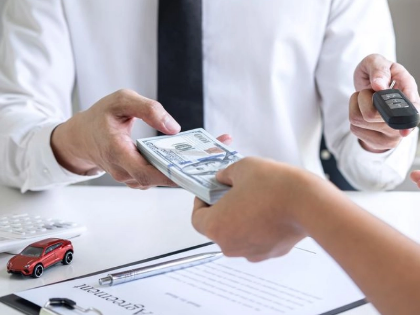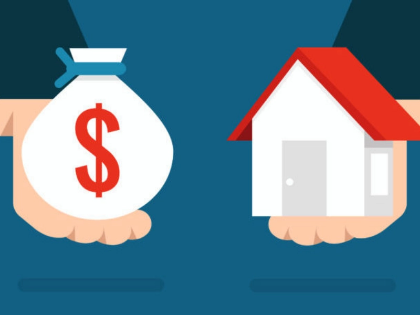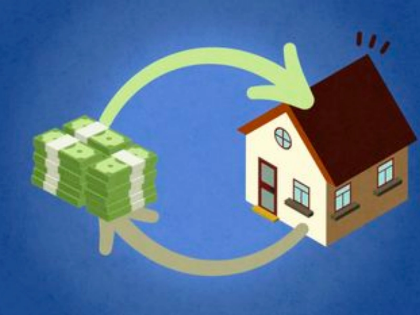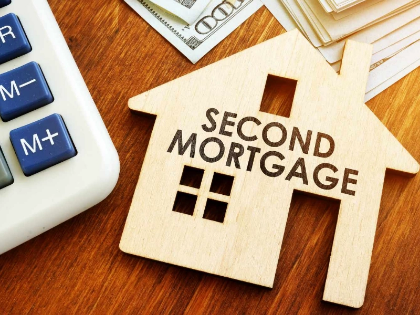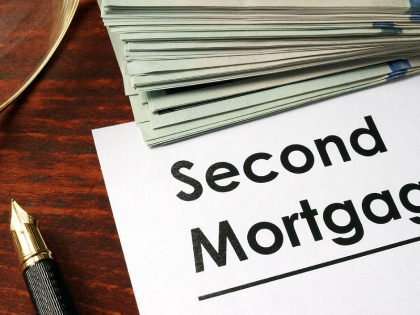Pro Bono and Legal Aid Programs: Obtaining Free Legal Help
To safeguard their lives and families, millions of Americans with low incomes require free legal assistance. Grants, donations, and private foundations provide money for legal aid initiatives. Pro bono attorneys carry out their professional duty of ensuring that people who cannot afford legal representation can obtain justice. Attorneys are encouraged by the ABA to participate in pro bono work for at least fifty hours annually.
Legal Assistance
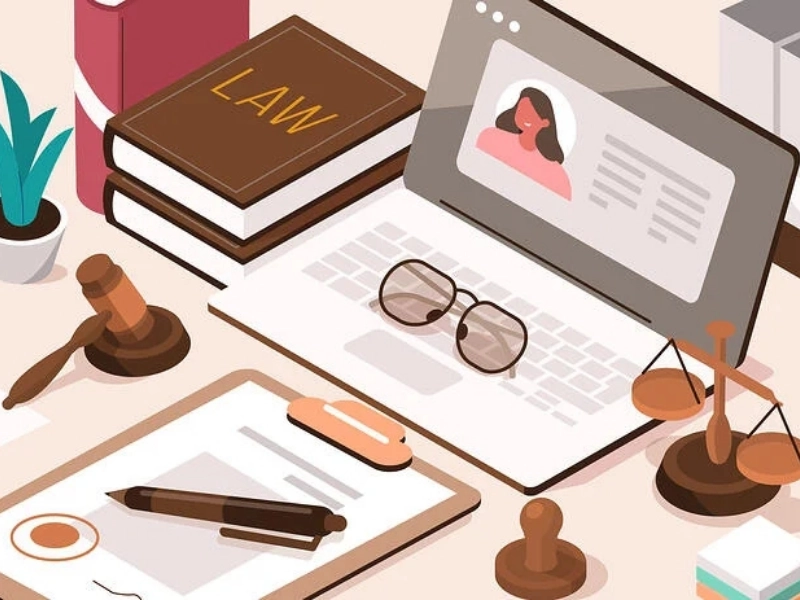 For those who are unable to pay for private counsel, legal aid offers free or extremely affordable legal services. Numerous legal difficulties, such as those pertaining to housing, employment, consumers, and families, might be assisted by these groups.
Due to their limited funding and resources, legal aid groups are forced to give priority to the most serious situations. Consequently, a large number of qualified applicants are denied access and are forced to turn to self-help options or other extralegal means of resolving their issues.
Lawyers have an obligation to ensure that individuals who cannot afford legal representation have access to the legal system as part of their professional responsibilities. Pro bono work, or the voluntary giving of legal services by an attorney without payment, is one option to address this demand. An ABA-approved pro bono program, a law firm externship, or a law school clinic may all be used to carry out this kind of work.
For those who are unable to pay for private counsel, legal aid offers free or extremely affordable legal services. Numerous legal difficulties, such as those pertaining to housing, employment, consumers, and families, might be assisted by these groups.
Due to their limited funding and resources, legal aid groups are forced to give priority to the most serious situations. Consequently, a large number of qualified applicants are denied access and are forced to turn to self-help options or other extralegal means of resolving their issues.
Lawyers have an obligation to ensure that individuals who cannot afford legal representation have access to the legal system as part of their professional responsibilities. Pro bono work, or the voluntary giving of legal services by an attorney without payment, is one option to address this demand. An ABA-approved pro bono program, a law firm externship, or a law school clinic may all be used to carry out this kind of work.
Self-Support Organizations
 Walk-in self-help centers offered by the court system offer assistance with family law, small claims, and residential eviction matters. Anyone who does not have a lawyer or cannot afford to employ one can receive these services for free. These centers' staff members assist clients with paperwork and provide information on the judicial system. Additionally, they offer recommendations for alternative legal aid programs, including mediation.
All California district courts offer these services. Furthermore, a lot of legal aid organizations have online pro bono initiatives that pair underprivileged people with attorneys who agree to handle their case for free.
These groups assist the communities that require legal aid the most. Through impact litigation, community partnerships, policy advocacy, and civil legal services, they work to challenge economic, racial, and social injustice. A lot of law schools support their students' involvement in pro bono work by offering them chances to do so through volunteer work, externships, and clinical programs.
Walk-in self-help centers offered by the court system offer assistance with family law, small claims, and residential eviction matters. Anyone who does not have a lawyer or cannot afford to employ one can receive these services for free. These centers' staff members assist clients with paperwork and provide information on the judicial system. Additionally, they offer recommendations for alternative legal aid programs, including mediation.
All California district courts offer these services. Furthermore, a lot of legal aid organizations have online pro bono initiatives that pair underprivileged people with attorneys who agree to handle their case for free.
These groups assist the communities that require legal aid the most. Through impact litigation, community partnerships, policy advocacy, and civil legal services, they work to challenge economic, racial, and social injustice. A lot of law schools support their students' involvement in pro bono work by offering them chances to do so through volunteer work, externships, and clinical programs.
Legal Services Company
 With offices around the nation, Legal Services Corporation is an independent organization that receives funding from Congress to support civil legal assistance programs. These organizations assist low-income individuals and families with consumer debt, court appearances, foreclosures, divorces, and name changes.
Clients must meet certain minimal income requirements in order to be eligible for legal aid services. Additionally, clients ought to be facing a significant legal difficulty that affects them, like a housing or job concern. A pro bono program is a feature of many law schools that encourages students to work on public-interest projects prior to graduation.
Students can work full-time in a pro bono placement through LSNYC's Pro Bono Scholars Program while finishing their academic program and earning a Juris Doctor degree. It enables legal students to get practical experience, show off their abilities and dedication, and improve the community. Students take part in impact cases that deal with housing, jobs, welfare, families, education, and trusts and estates.
With offices around the nation, Legal Services Corporation is an independent organization that receives funding from Congress to support civil legal assistance programs. These organizations assist low-income individuals and families with consumer debt, court appearances, foreclosures, divorces, and name changes.
Clients must meet certain minimal income requirements in order to be eligible for legal aid services. Additionally, clients ought to be facing a significant legal difficulty that affects them, like a housing or job concern. A pro bono program is a feature of many law schools that encourages students to work on public-interest projects prior to graduation.
Students can work full-time in a pro bono placement through LSNYC's Pro Bono Scholars Program while finishing their academic program and earning a Juris Doctor degree. It enables legal students to get practical experience, show off their abilities and dedication, and improve the community. Students take part in impact cases that deal with housing, jobs, welfare, families, education, and trusts and estates.
Super Attorneys
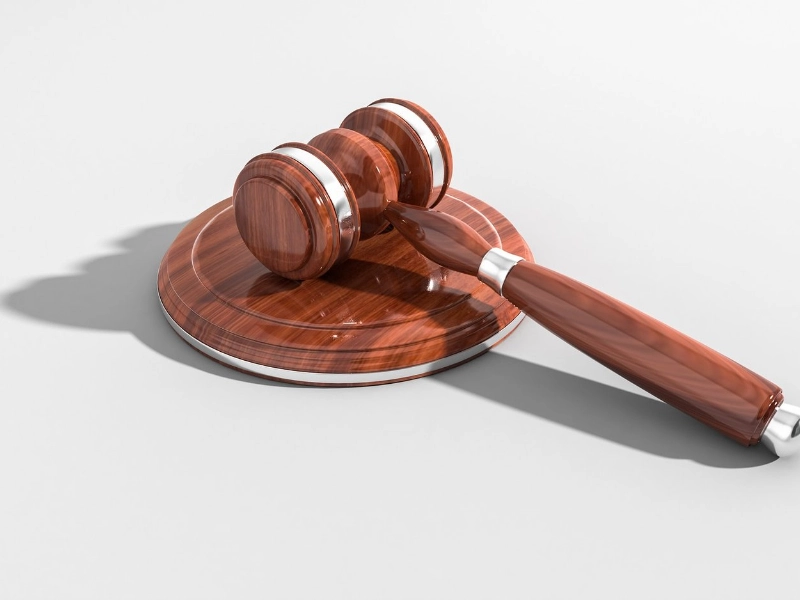 Even though they aren't quite free, Super Lawyers can be a helpful tool for anyone looking for knowledgeable legal representation. They compile a thorough and varied list of exceptional lawyers from 70 practice areas and firm sizes using a patented nomination, research, and rating method.
Peer nominations and independent research assessing attorneys based on 12 measures of peer recognition and professional accomplishment are also included in the selection process. Only 5% of lawyers are recognized as Super Lawyers each year, a distinction bestowed upon attorneys with the highest point totals.
For low-income people, legal aid and pro bono attorneys handle a wide range of cases, including those involving consumer rights, employment law, domestic abuse, and child custody. While some lawyers work for for-profit or nonprofit companies that offer legal services, others give their time as volunteers. These lawyers work on a fee basis and may take on court-appointed clients in criminal cases, but grants are usually how they are paid for their services.
Even though they aren't quite free, Super Lawyers can be a helpful tool for anyone looking for knowledgeable legal representation. They compile a thorough and varied list of exceptional lawyers from 70 practice areas and firm sizes using a patented nomination, research, and rating method.
Peer nominations and independent research assessing attorneys based on 12 measures of peer recognition and professional accomplishment are also included in the selection process. Only 5% of lawyers are recognized as Super Lawyers each year, a distinction bestowed upon attorneys with the highest point totals.
For low-income people, legal aid and pro bono attorneys handle a wide range of cases, including those involving consumer rights, employment law, domestic abuse, and child custody. While some lawyers work for for-profit or nonprofit companies that offer legal services, others give their time as volunteers. These lawyers work on a fee basis and may take on court-appointed clients in criminal cases, but grants are usually how they are paid for their services.


